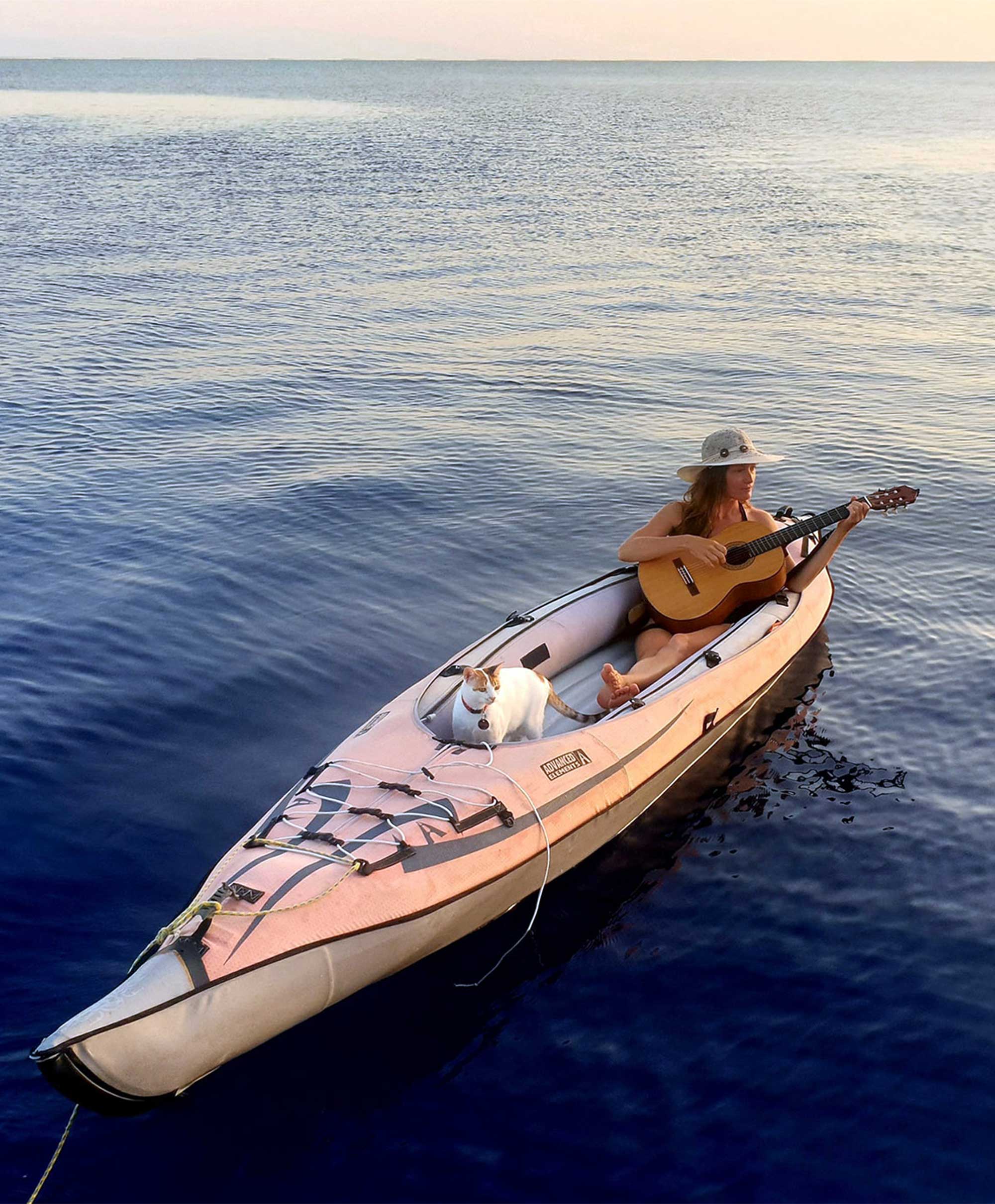
Less is the sea: living sustainably on a sailing boat
8 Comments
-
-
Ina Hiester
Dear Axel, thank you for your comment. We are in a similar situation to you and have been looking for a more stable blue water sailor for some time, ideally a ketch (i.e. with 2 masts, for the non-sailors here). This would give us more flexible sailing options, would be better equipped for the desert weather and, due to the long keel, would be better in the water overall. In addition, ultrasonic antifouling is probably best suited for steel, and it always seems better than plastic to us. However, Corona is currently making all boat tours difficult. Last year we had no problems with “supply options”. Only once, in Trapani, did we have to fill out forms and measure the temperature before docking, otherwise we did not experience any restrictions. However, this could also be due to the fact that we almost always anchor. In Greece, according to friends of ours, the conditions were a bit stricter, but still within limits. What will 2021 be like? Can guests come at all? I'm curious. Let us keep in touch: mail [at] organic-matters.com
-
-
Udo
Hello ina and Mike, thanks for sharing; very motivating. On the subject of water: take a look online for Showerloop this is a self-cleaning shower (open source project) that cleans the water back to drinking water quality. Thus, a circulation system would be possible for the shower, the dishes and the washing machine with a certain amount of water. Kind regards udo
-
Ina Hiester
Hello Udo, Mike got in a tinkering mood when I showed him the shower loop. That would be ideal for us - a great tip, thank you very much! Kind regards to you too, Ina
-
-
Roberto and Roswitha
Hello Ina and Mike,
We met in Galaxidis Greece in the summer of 2019, when we moored next to you with our sailor in the harbor.
You wrote a very nice report.
We hope to see you again :-) maybe this summer, we will be on the road in and around Sicily.
Greetings to both of you
R&R:-
Ina Hiester
Hello you two, we remember the great time with you in Galaxidi very well! At that time our boat cat, which we had found in the garbage a few weeks earlier, was still very tiny, now it is well fed and lovingly crazy. Greetings to you both and your velvet paws, we would be very happy to see you again soon!
-
-
Gil
Hello Ina
A very successful contribution. I have a few questions. Can you somehow be reached by email?
LG
Gil-
Ina
Hello Gil, thank you! Please write to me at mail [at] organic-matters.de. Many greetings, Ina
-



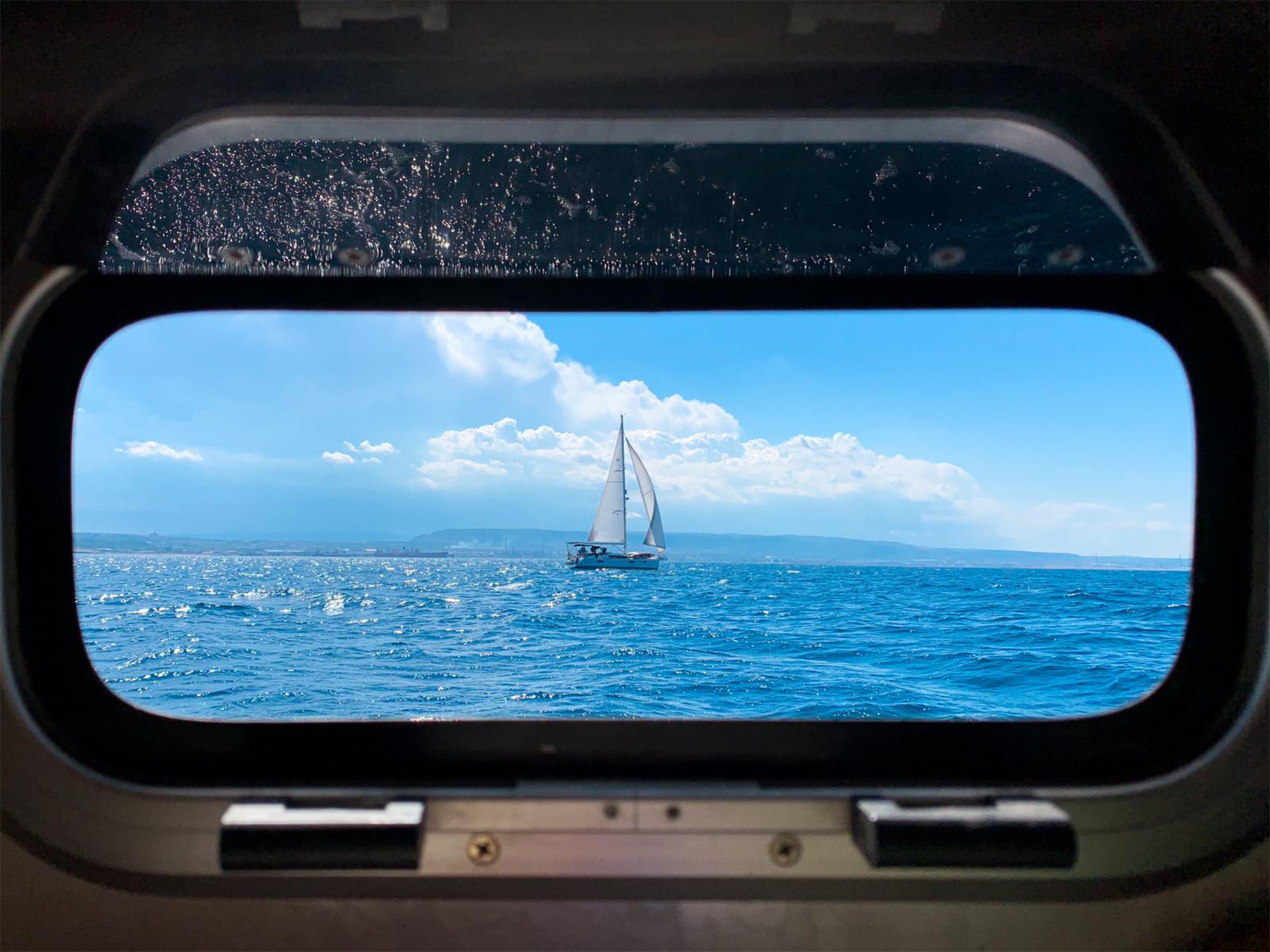
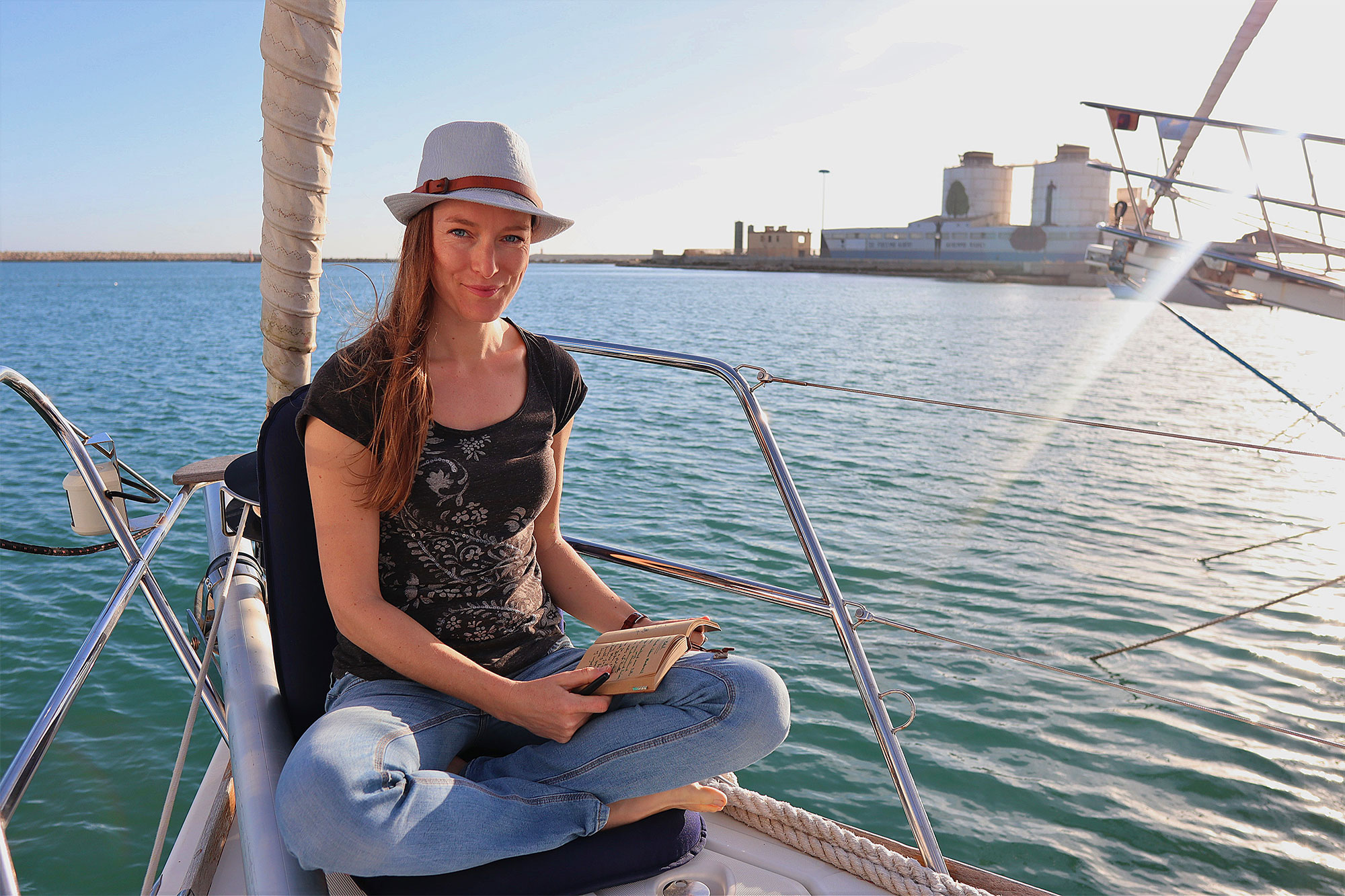
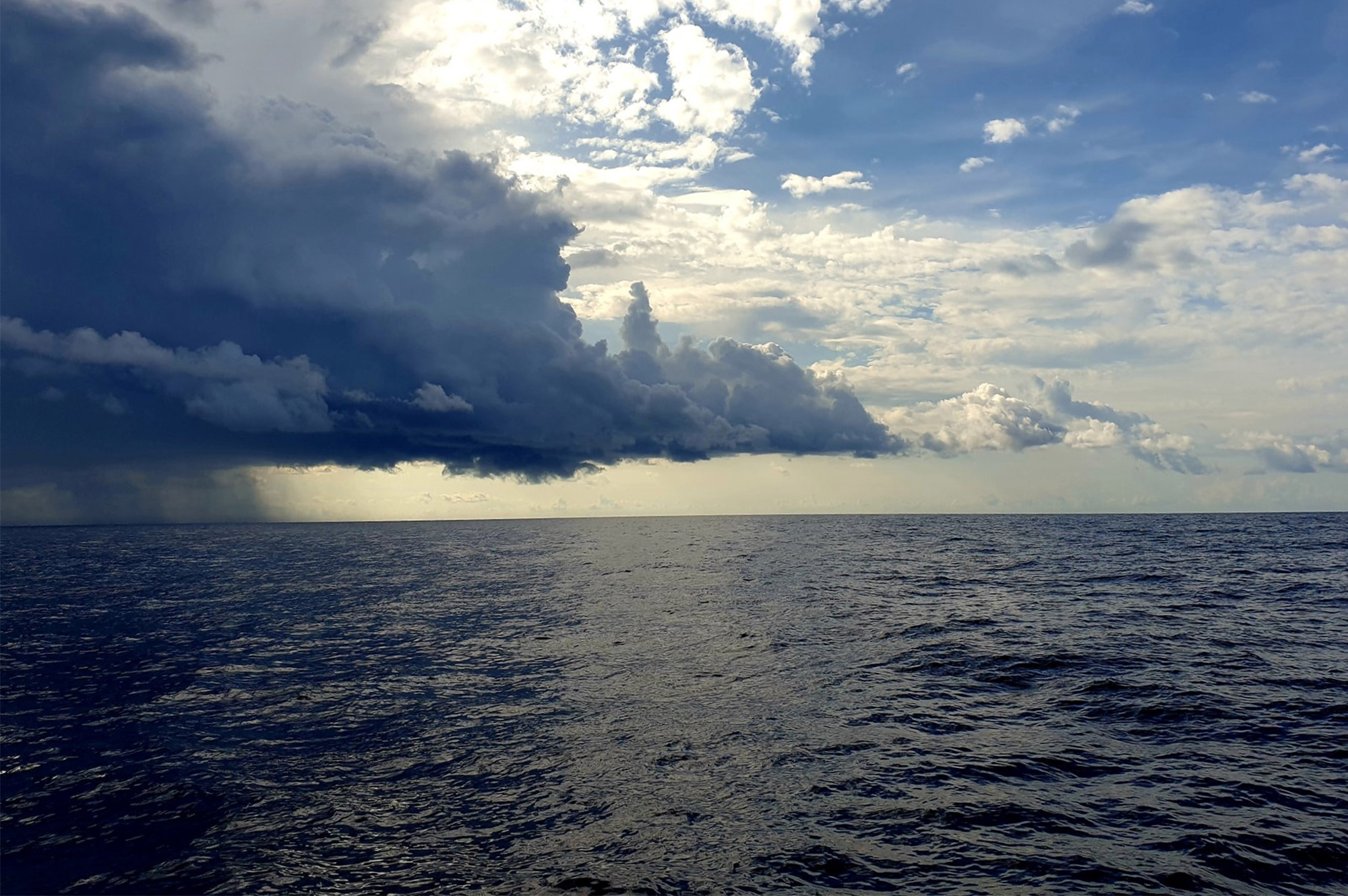

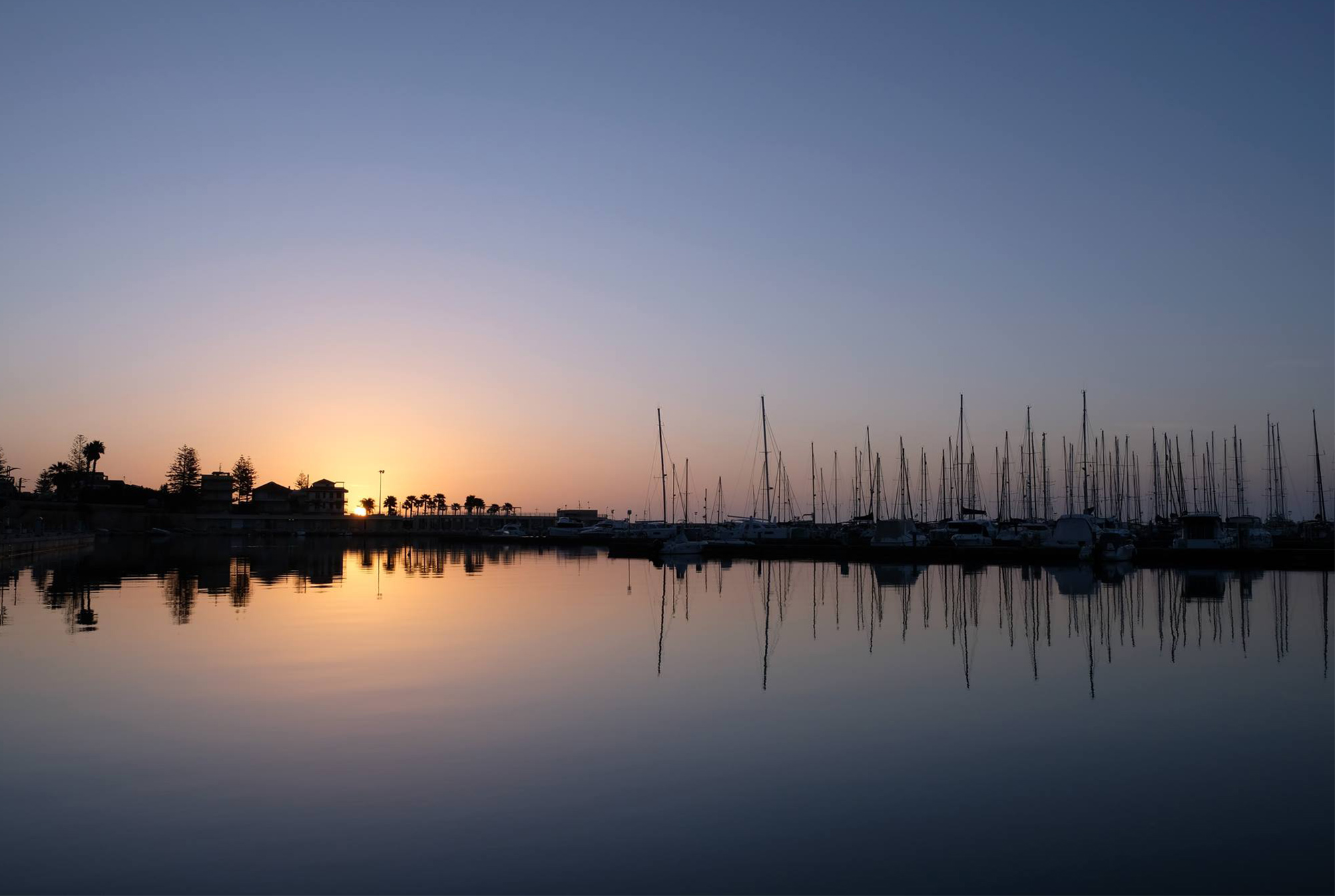
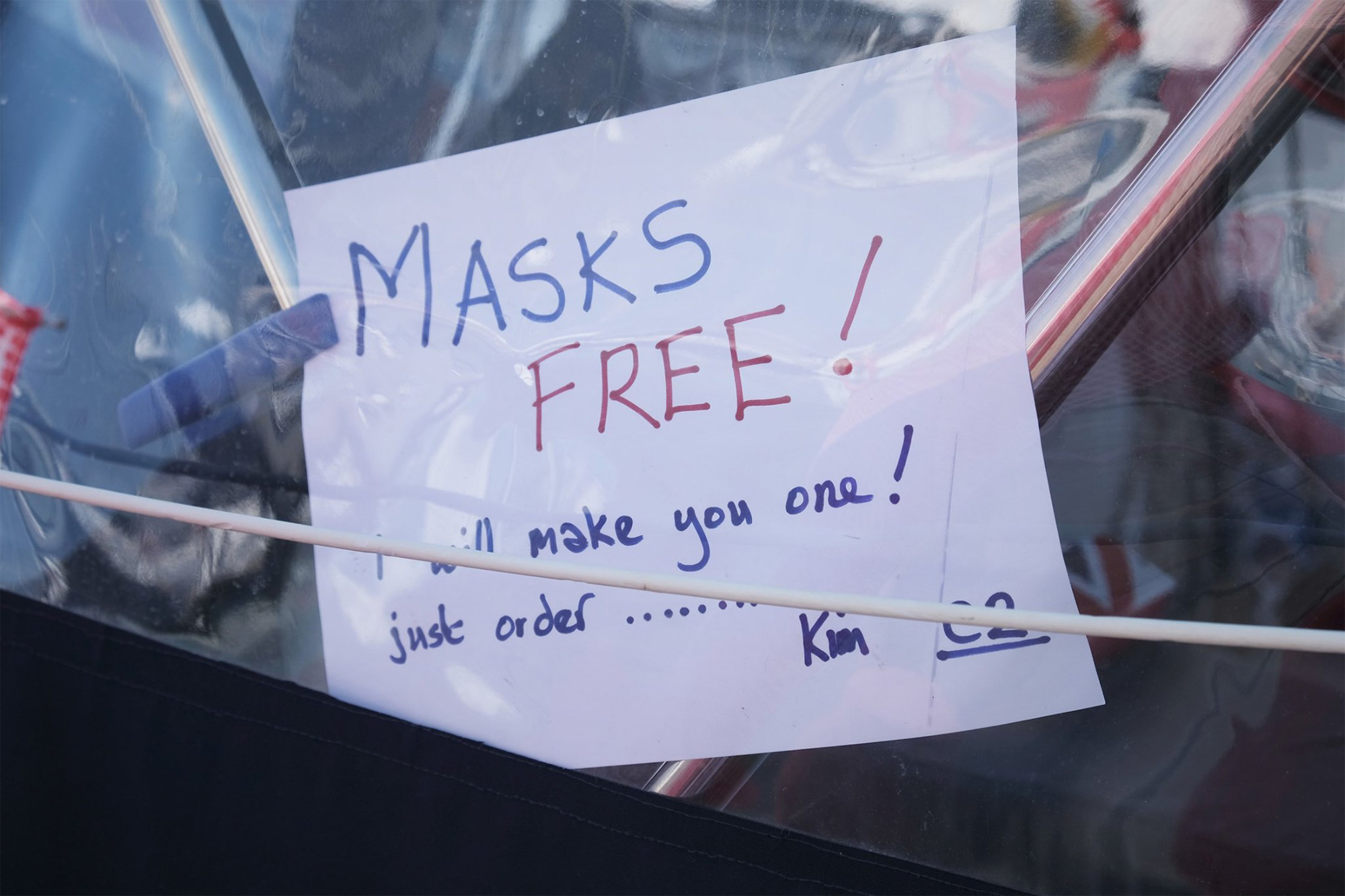
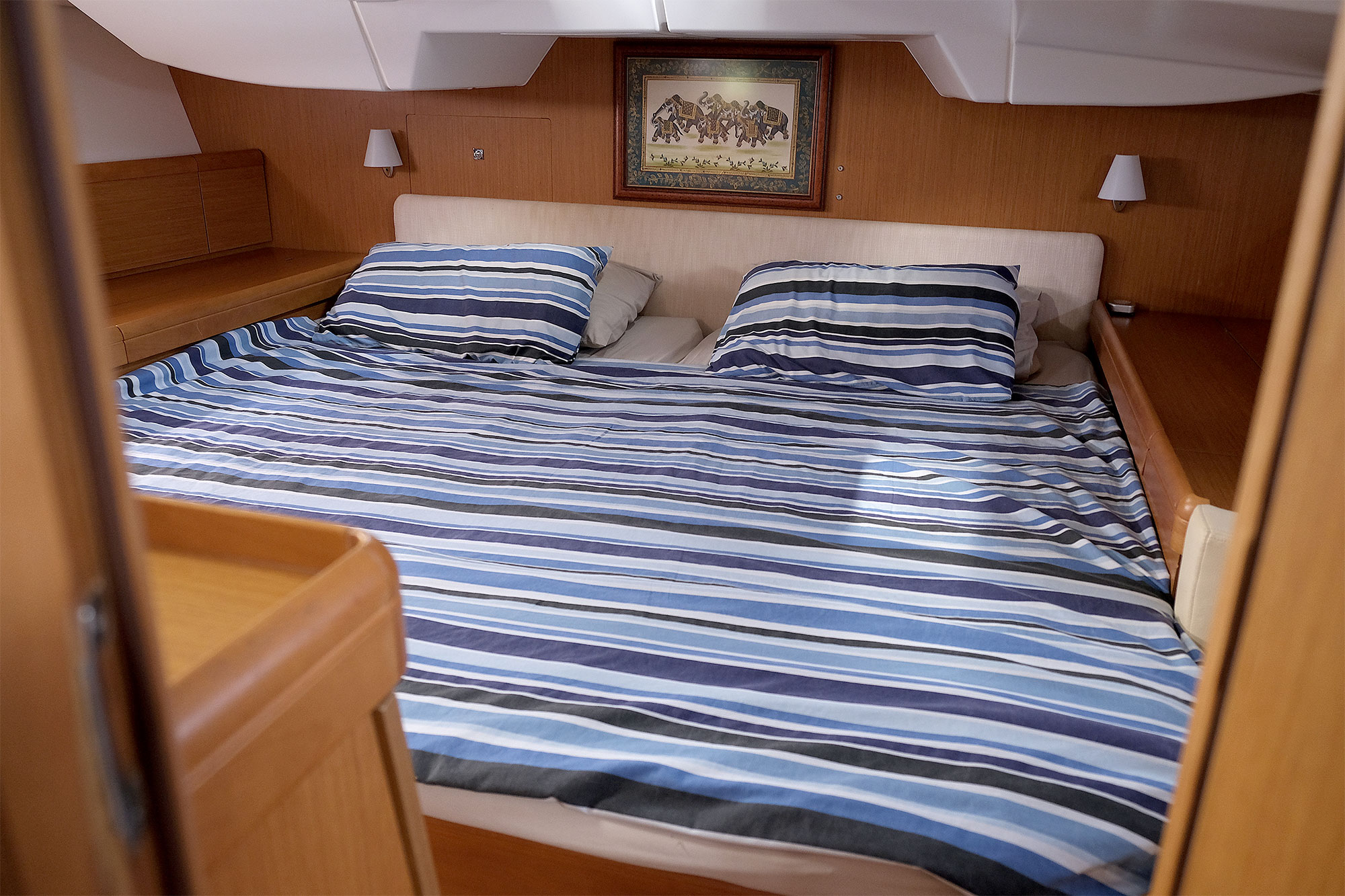
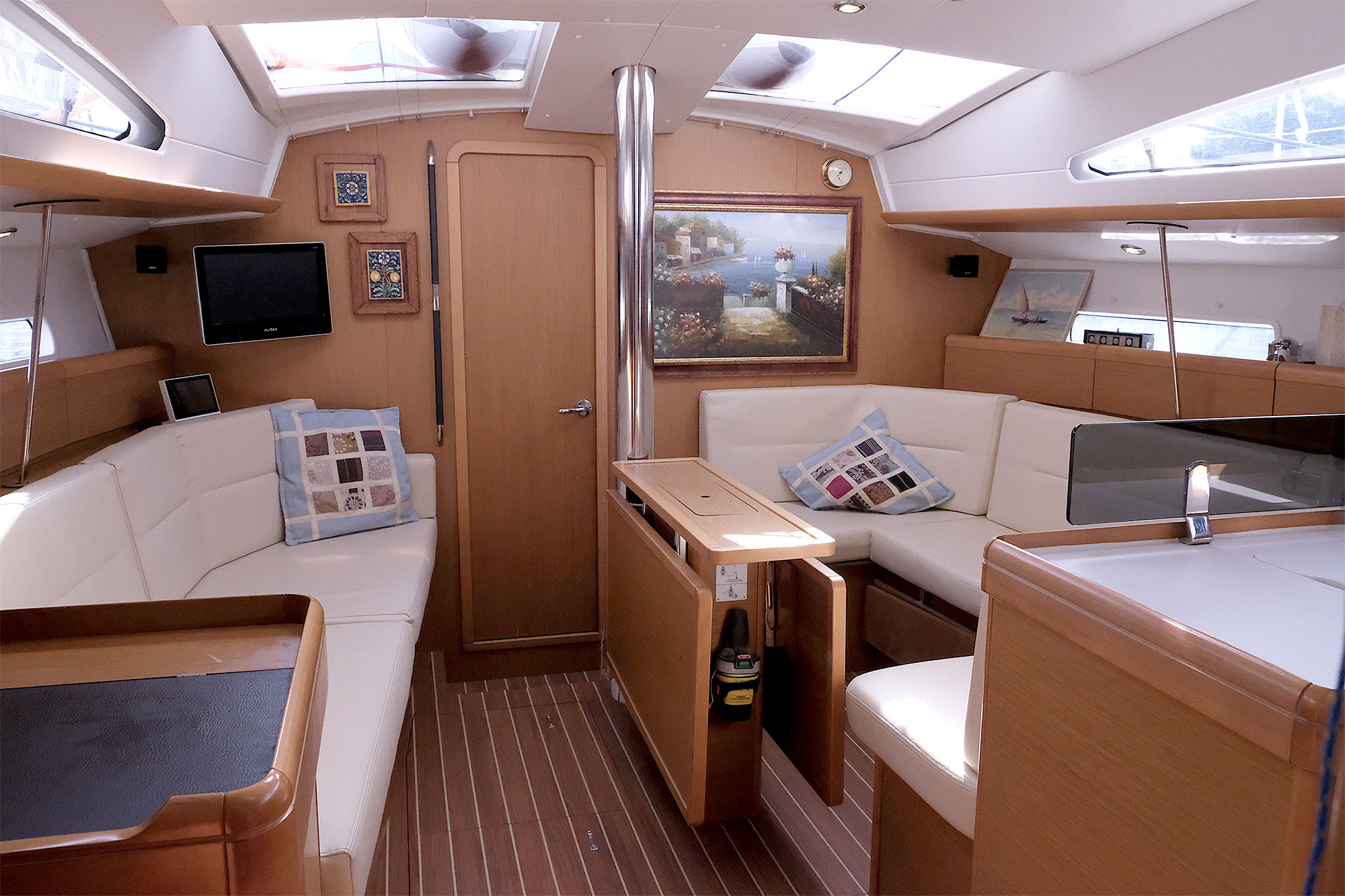
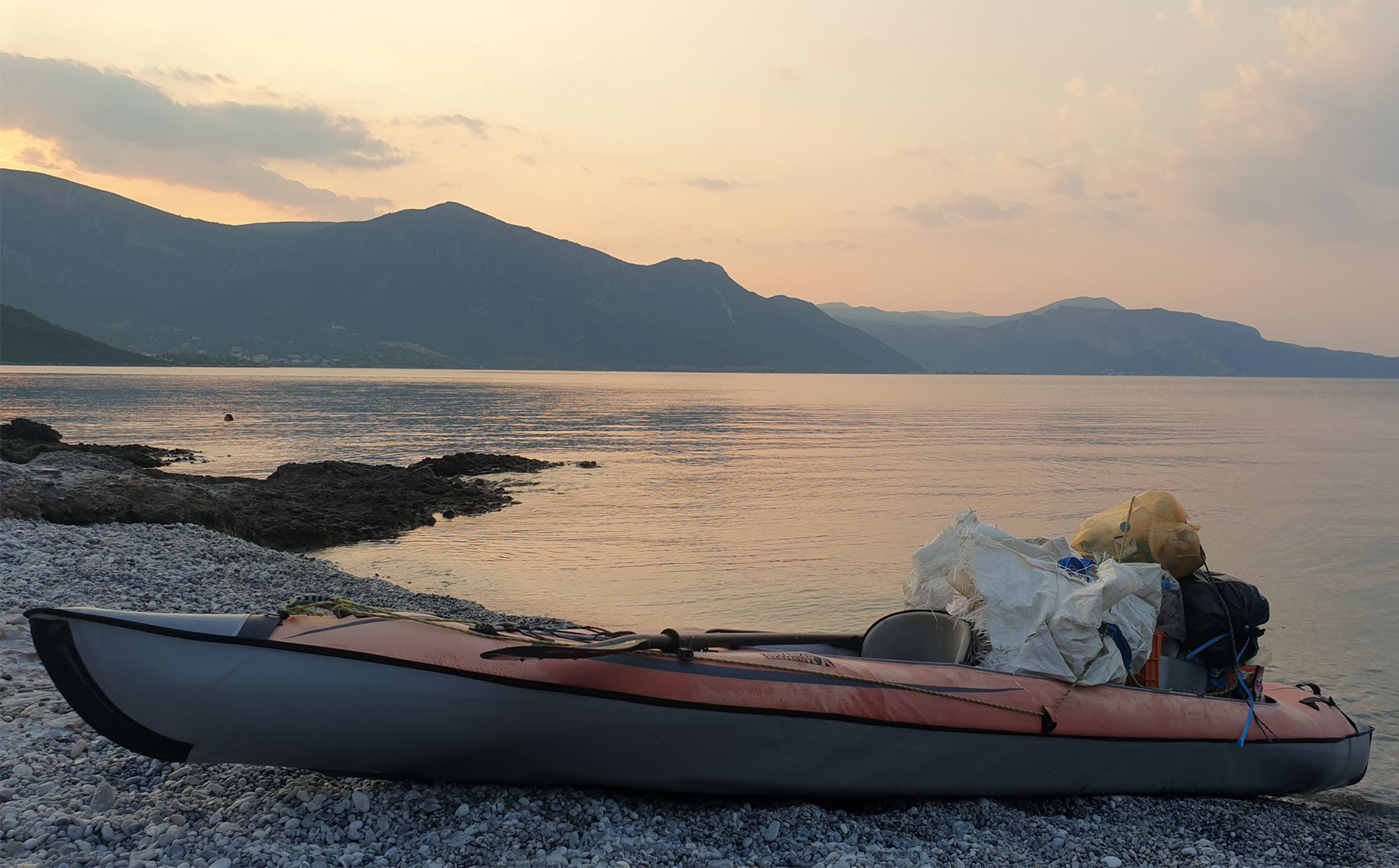
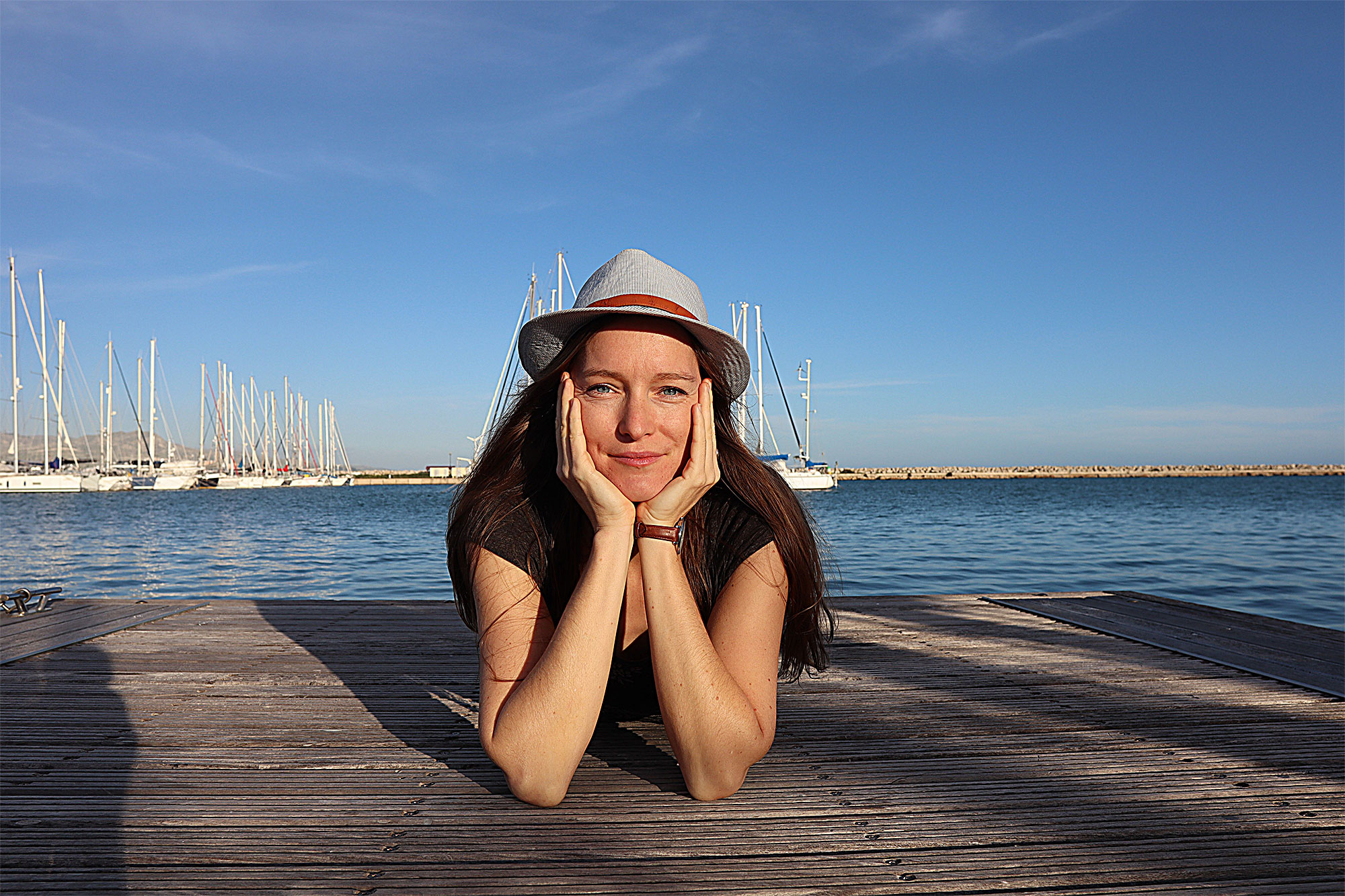
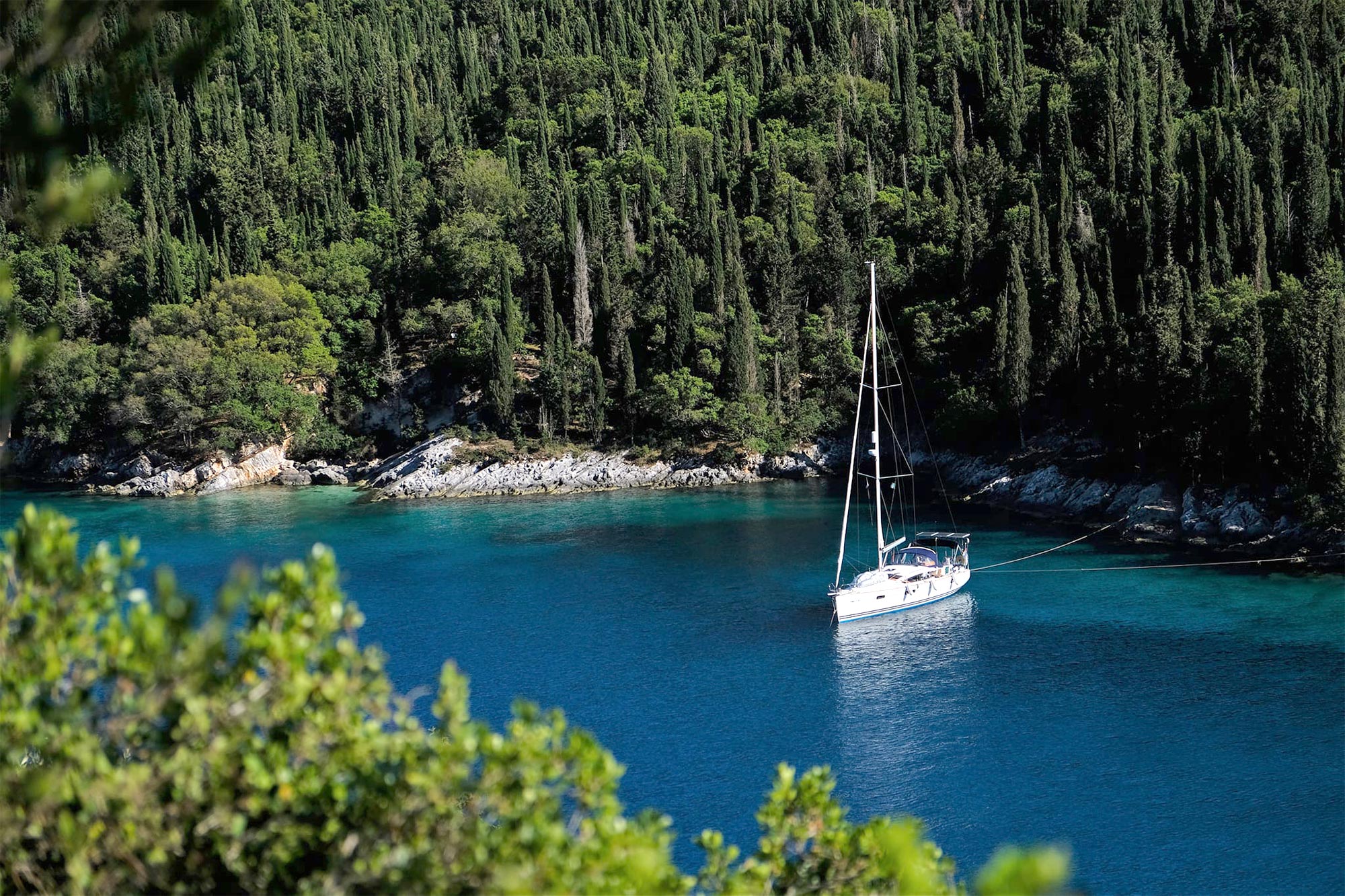



Axel
Very nice report. We also lived on a sailing boat in the Mediterranean for 5 years. Greece in summer, Sicily or Spain in winter. We have been looking for a good blue water sailor since 2019. What are the supply options at the moment in the wake of Corona? What are the authorities doing? Can you still take guests with you or is the business dead? So many questions. If you want, feel free to contact us via email. We would be glad. LG, Axel & Chris